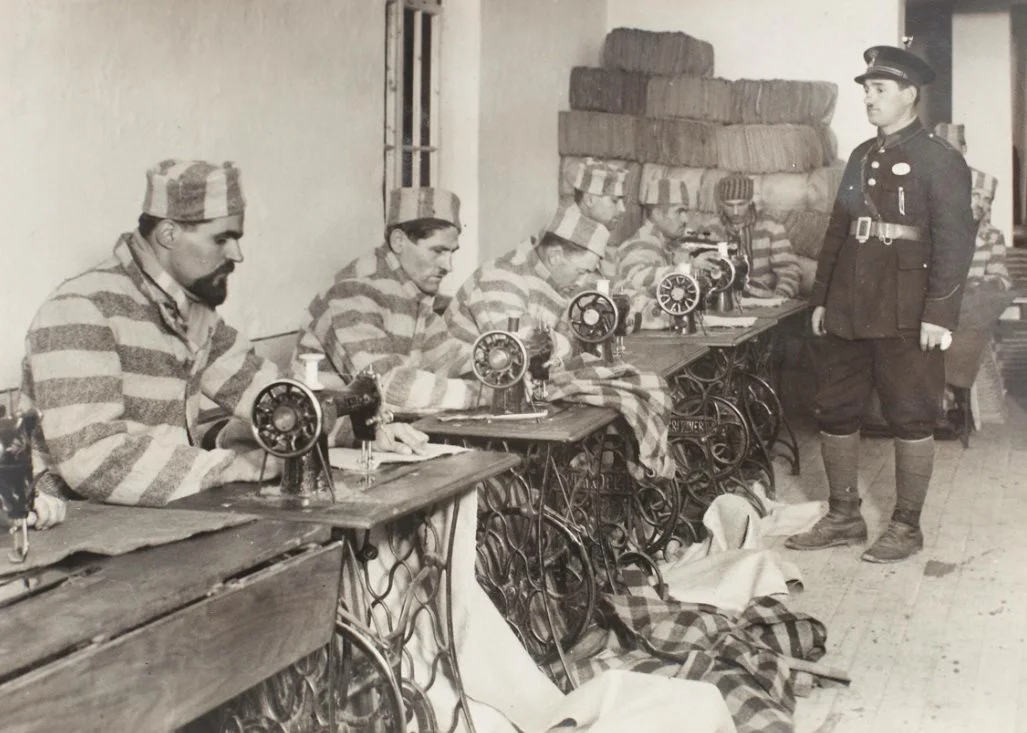Prison Labor and Ethics
Discussing America’s most controversial source of labor
From Apple Inc. to McDonald’s to Verizon, what do these major corporations all have in common? The answer may surprise you, but they all use prison labor in their supply chains. Prison labor has become a topic of contention for many. To some, it is a way to keep inmates active and give them something to do. For others, however, it is a practice that should never be used under any condition. Despite this, the topic is not a particularly well-known one. The topic of prison labor is one largely left in the unknown. Not many people are aware of where their products come from and the ethics of the corporations that supply them.
While the topic is usually brushed under the rug, it’s absolutely one that deserves more attention. Is it ethical to make prisoners work for free in jobs that would otherwise require payment? Unlike typical factory jobs, prisons are not required to provide workplace regulations recognized by the United States government, resulting in 64% of prisoners reporting they do not feel safe in their workplace according to the ACLU. Federal prisoners are not given a choice in the matter of working, meaning the only benefit they could derive from doing the labor beyond a salary below minimum wage is good behavior rewards. Considering everything, is it truly ethical for us to force them to undergo such risk for so little reward?
This is not a thing that companies are proud to admit. In a statement regarding human rights, McDonald’s stated that it did not use “involuntary” labor from prisons rather than openly stating that they use it. It’s something that many companies don’t want to address the ethics of.
Despite contributing 2 billion dollars to the economy, prisoners are given a salary of cents, with some states giving even zero for their labor. Compare this to assembly jobs making a national average of $12 per hour on top of union protection. When a prisoner is released, they usually only receive a check worth $10-50 dollars. On top of the paltry amount of money received from their salaries, an ACLU statistic found that 70% of inmates did not receive formal job training, which leads to a question of how transferable these skills are for a proper, honest, work life. How can we expect inmates to reform without a proper foundation? When given so little to start with, recidivism is more likely than it should be.
So, what is the overall point of prison labor? It’s not to improve the work ethic of prisoners. Rather, it’s a dark reflection of the current state of the U.S. prison system. The use of labor from inmates is only legal in seventeen countries, including the United States. Prisons would rather focus on gaining profit than ensuring the safety of communities by making sure criminals reform, and companies are all too happy to sponsor.
The best approach to this issue is to allow for more limitations on how prison labor is conducted. While it’s still living in a prison and not a standard job, every human being is entitled to basic safety, regardless of background. By creating a system that focuses on learning long-term skills, such as trades, in our prison systems, new reforms can pave the way to new contributions toward the economy and better lives for communities.
As it stands, prison labor is a band-aid solution to a greater problem, and one with questionable ethics at that. While the short-term benefits of cheap labor may be tempting, it’s essential to reform our institutions to better suit the needs of the human rather than the dollar. Society is no stranger to issues like these, from indentured servitude to the industrial revolution. While prisoners may have committed bad things in their lives, it doesn’t mean they should be excluded from decency.






